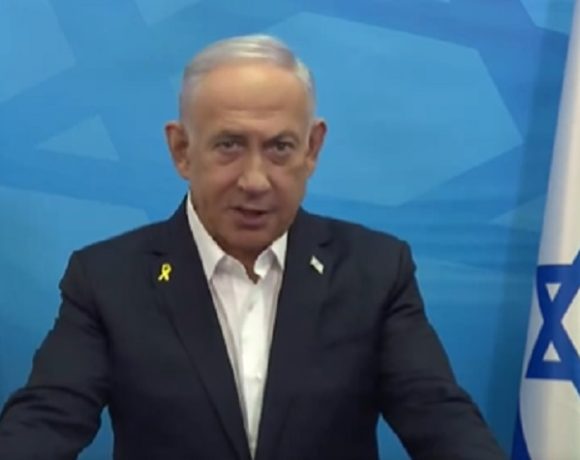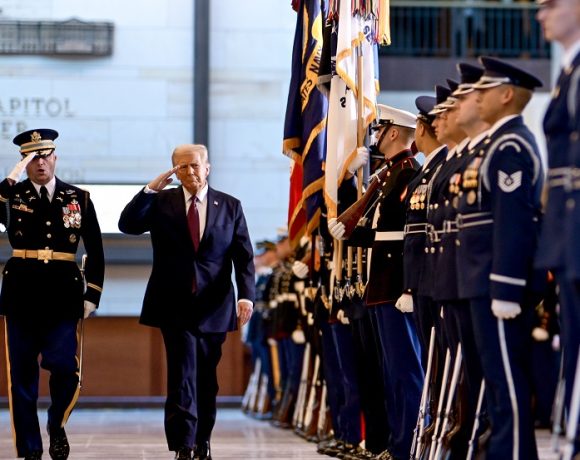
Iran’s Parliament Votes to Close Strait of Hormuz, Triggering Global Oil Shock
In a dramatic escalation of regional tensions, Iran’s parliament has formally voted to close the Strait of Hormuz, the narrow maritime chokepoint through which nearly 20% of the world’s daily oil supply transits. The unprecedented decision comes in response to recent U.S. and Israeli airstrikes on Iranian territory and is expected to reverberate through global energy markets, potentially sending oil prices soaring and triggering a widespread economic ripple effect.
Strategic Waterway Blocked
The Strait of Hormuz, barely 21 nautical miles wide at its narrowest point, is the most critical oil artery on the planet. With approximately $1 billion worth of oil shipments passing through each day, any disruption is bound to have severe implications for energy-importing nations and global supply chains.
By closing the strait, Iran is effectively weaponizing one of its most potent economic levers. Tankers bound for the West from producers such as Saudi Arabia, the UAE, Kuwait, Iraq, and Qatar now face severe uncertainty, with insurance costs expected to skyrocket and freight routes forced to divert or halt entirely.
Immediate Market Reactions Expected
The parliamentary vote signals Iran’s shift from rhetorical threats to direct geopolitical confrontation. Oil futures surged in pre-market trading, and analysts warn that a sustained blockage could drive Brent crude above $150 per barrel within days, depending on the response from global powers and the pace of alternate supply routes.
The move has triggered emergency meetings among G7 energy ministers, and international shipping authorities are advising cargo rerouting or temporary suspension. Insurance firms are already declaring the Gulf region a “high-risk zone”, raising premiums dramatically for any vessels attempting to transit through the now-blocked passage.
Global Military and Diplomatic Fallout
Military analysts caution that enforcing such a blockade would likely involve Iran’s Revolutionary Guard Navy, using tactics including fast-attack craft, sea mines, and anti-ship missiles. This brings the possibility of direct confrontation with U.S. and allied naval forces now present in the Gulf region.
Meanwhile, diplomatic fallout is accelerating. The U.S. National Security Council has warned Iran of “serious consequences” for any interference with commercial shipping. Gulf nations have convened an emergency summit, and NATO officials are reportedly in high-level discussions about naval deployment options.


















